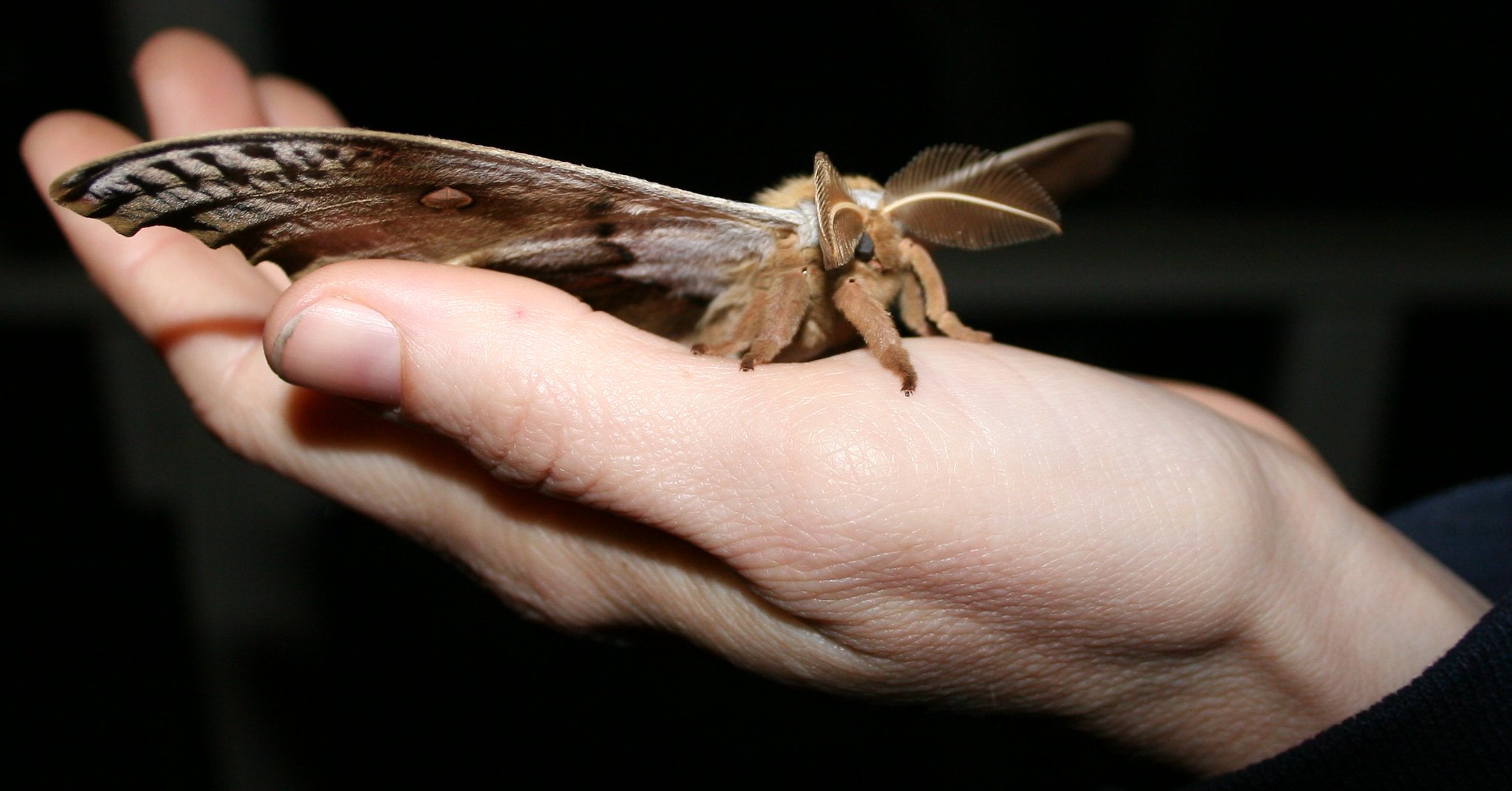| Source (Hebrew) | Translation (English) |
|---|---|
|
אֲֽדֹנָי! נֶגְדְּךָ כׇל־תַּאֲוָתִי (תהלים לח:י חלק)
וְאִם לֹא אַעֲלֶֽנָּה עַל־שְׂפָתִי׃ רְצוֹנְךָ אֶשְׁאֲלָה רֶֽגַע – וְאֶגְוָע |
Lord! unto thee are ever manifest (Psalms 38:10 part)
My inmost heart’s desires, though unexpress’d In spoken words. Thy mercy I implore Even for a moment—then to die were bless’d. |
|
וּמִי יִתֵּן וְתָבוֹא שֶׁאֱלָתִי׃
וְאַפְקִיד אֶת־שְׁאָר רוּחִי בְּיָדְךָ וְיָשַׁנְתִּי וְעָרְבָה־לִּי שְׁנָתִי׃ |
O! if I might but win that grace divine,
Into thy hand, O Lord, I would resign My spirit then, and lay me down in peace To my repose, and sweetest sleep were mine. |
|
בְּרָחְקִי מִמְּךָ מוֹתִי בְחַיָּי
וְאִם אֶדְבַּק בְּךָ חַיַּי בְּמוֹתִי׃ אֲבָל לֹא אֵדְעָה בַּמֶה אֲקַדֵּם וּמַה־תִּהְיֶה עֲבֹדתִי וְדָתִי׃ |
Afar from thee in midst of life I die,
And life in death I find, when thou art nigh. Alas! I know not how to seek thy face, Nor how to serve and worship thee, most High. |
|
דְּרָכֶיךָ יְיָ לַמְּדֵֽנִי, וְשׁוּב
מִמַּאֲסַר סִכְלוּת שְׁבוּתִי׃ וְהוֹרֵֽנִי בְעוֹד יֶשׁ־בִּי יְכֹֽלֶת לְהִתְעַנּוֹת |
O lead me in thy path, and turn again
My heart’s captivity, and break in twain The yoke of folly: teach me to afflict My soul, the while I yet life’s strength retain. |
|
וְאַל־תִּבְזֶה עֱנוּתִי
בְּטֶרֶֽם יוֹם אֱהִי עָלַי לְמַשָּׂא וְיוֹם יִכְבַּד קְצָתִי עַל־קְצָתִי |
Despise not thou my lowly penitence:
Ere comes the day, when deadened every sense My limbs too feeble grown to bear my weight, A burden to myself, I journey hence; |
|
וְאֶכָּנַע בְּעַל כָּרְחִי, וְיֹאכַל
עֲצָמַי עָשׁ וְנִלְאוֹ מִשְּׂאֵתִי, וְאֶסַּע אֶל־מְקוֹם נָסְעוּ אֲבוֹתַי, וּבִמְקוֹם תַּחֲנוֹתָם תַּחֲנוֹתִי׃ |
When to the all-consuming moth a prey,
My wasted form sinks slowly to decay, And I shall seek the place my fathers’ sought, And find my rest there where at rest are they. |
|
כְּגֵר תּוֹשָׁב אֲנִי עַל־גַּב אֲדָמָה,
וְאוּלָם כִּי בְּבִטְנָהּ נַחֲלָתִי׃ נְעוּרַי עַד־הֲלֹום עָשׂוּ לְנַפְשָׁם, וּמָתַי גַּם־אֲנִי אֶעֱשֶׂה לְנַפְשִׁי? |
I am on earth a sojourner, a guest,
And my inheritance is in her breast, My youth has sought as yet its own desires, When will my soul’s true welfare be my quest? |
|
וְהָעוֹלָם אֲשֶׁר נָתַן בְּלִבִּי
מְנָעַֽנִי לְבַקֵּשׁ אַחֲרִֽיתִי. וְאֵיכָה אֶעֱבֹד יוֹצְרִי בְּעוֹדִי אֲסִיר יִצְרִי וְעֶֽבֶד תַּאֲוָתִי? |
The world is too much with me, and its din
Prevents my search eternal peace to win. How can I serve my Maker when my heart Is passion’s captive, is a slave to sin? |
|
וְאֵיכָה מַעֲלָה רָמָה אֲבַקֵּשׁ
וּמָחָר תִּהְיֶה רִמָּה אֲחוֹתִי? וְאֵיךְ יִיטַב בְּיוֹם טוֹבָה לְבָבִי, וְלֹא אֵדַע הֲיִיטַב מָחֳרָתִי? |
But should I strive to scale ambition’s height,
Who with the worm may sleep ere fall of night? Or can I joy in happiness to-day Who know not what may chance by morning’s light? |
|
וְהַיָּמִים וְהַלֵּילוֹת עֲרֵבִים
לְכַלּוֹת אֶת־שְׁאֵרִי עַד כְּלוֹתִי. וְלָרוּחַ יְזָרוּן מַחֲצִיתִי, וְלֶעֶפֶר יְשִׁיבוּן מַחֲצִיתִי׃ |
My days and nights will soon, with restless speed,
Consume life’s remnant yet to me decreed: Then half my body shall the winds disperse, Half will return to dust, as dust indeed. |
|
וּמַה אֹמַר? וְיִצְרִי יִרְדְּפֵֽנִי
כְּאוֹיֵב מִנְּעוּרַי עַד־בְּלוֹתִי וּמַה־לִּי בַּזְמָן – אִם־לֹא רְצוֹנְךָ? וְאִם אֵינְךָ מְנָתִי – מַה־מְנָתִי? |
What more can I allege? From youth to age
Passion pursues me still at every stage. If thou art not my portion, what is mine? Lacking thy favour, what my heritage? |
|
אֲנִי מִמַּעֲשִׂים שׁוֹלָל וְעָרוֹם
וְצִדְקָֽתְךָ לְבַדָּהּ הִיא כְסוּתִי וְעוֹד מָה אַאֲרִיךְ לָשׁוֹן וְאֶשְׁאַל אֲֽדֹנָי, נֶגְדְּךָ כׇל־תַּאֲוָתִי? (תהלים לח:י חלק) |
Bare of good deeds, scorched by temptation’s fire,
Yet to thy mercy dares my hope aspire: But wherefore speech prolong, since unto thee, O Lord, is manifest my heart’s desire? (Psalms 38:10 part) |
The meditation: “Lord! unto thee are ever manifest my inmost heart’s desires,” was written by Jehudah Halevi, who was born in Toledo about 1085 and died in Palestine about the year 1140. This meditation, one of the sublimest of this poet’s prayers, appears in several liturgies for various occasions, among them the Day of Atonement. Some prayer books include it for daily use. The phrase with which the poem opens and so effectively ends is taken from Psalm 38:10. The translation is by Mrs H. Lucas. –Israel Abrahams
To the best of my ability, I have set the Hebrew sourcetext of Yehudah haLevi’s piyyut, side-by-side with the rhyming translation of Alice Lucas, first published in Songs of Ẓion (1894). –Aharon Varady
Source(s)




